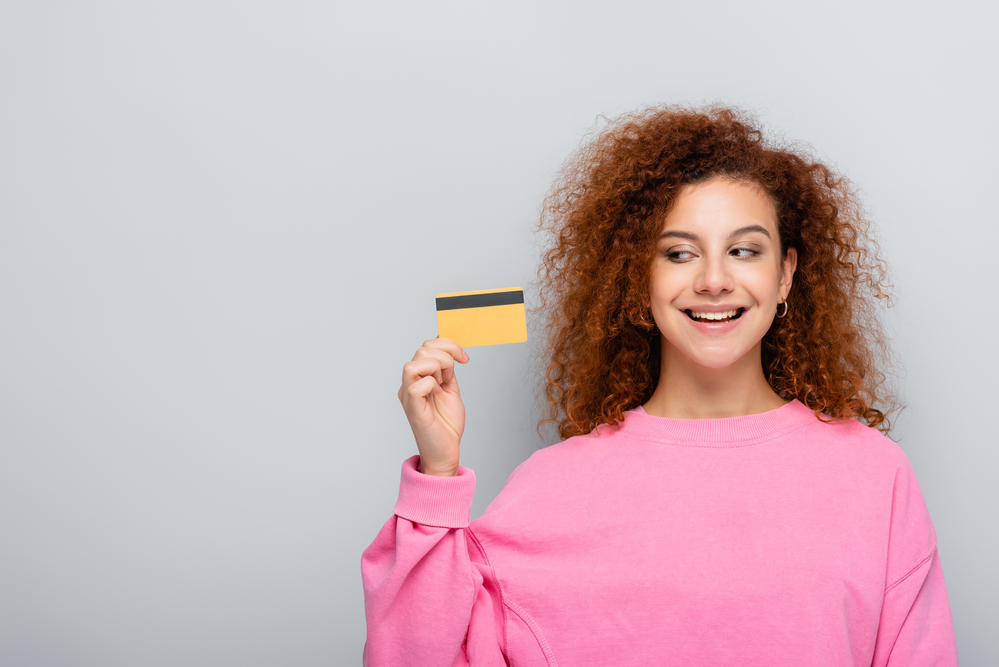As an easy-to-pay option for most daily purchases, credit cards have become an integral part of everyday life, making transactions simple by eliminating the hassle of carrying cash in our pockets. In India, the number of credit card users spiked to 52 million in 2019 and is expected to rise at a CAGR of over 25 per cent between 2020 and 2025.
The best thing about credit cards is that they are highly secure and safer than debit cards, as they offer a high amount of protection against purchases made online or at bricks-and-mortar stores. They have myriad benefits as well, like worldwide acceptance, cashback points, rewards, cash withdrawal from ATMs like debit cards, easy use during emergencies, etc.
If you are a plastic user, it’s important to understand the credit card statement you get at the end of your billing period. Here are eight things you must check in your card statement:
1) Account Summary: Whenever you receive your credit card statement, give a first glance at the account summary. Here you’ll find a proper view of your credit card balance, opening balance, amount of purchases made in the current cycle, interest levied since your last billing cycle, fees charged, cash advances and statement closing date. Note that payments made after the billing cycle won’t be reflected in your current statement. In case you want to check your last activity, log in to your account with your credentials.
2) Payment Due Date: This is one of the key points to note in the statement. Banks expect credit card users to pay their dues on this date, though some users interpret this term wrongly, and end up paying their dues on the “Payment Due Date”, which eventually ends up as late fees and interest on the outstanding amount. If payment is made through cheque, it takes around 3 days for a bank to clear it. It’s advised to deposit your cheque a week ahead, to avoid paying additional charges for delayed payment.
3) Minimum Amount Due: If a credit card user is unable to pay the total due amount at once, the card company grants customers to pay a minimum amount to avoid paying late fees. Though you have paid the minimum amount due, interest will be charged for the outstanding amount until you have paid in full. The interest rate differs from one card to another.
4) Total Amount Due: Unlike the minimum amount due, the total amount due includes interest on the outstanding amount, late fee if any, carry forward amount from the last billing cycle, service charges, penalty if applicable, and other charges.
5) Grace Period: Every credit card holder gets three days as a grace period to pay their outstanding total due amount mentioned in the statement. During this period, no interest will be charged on any purchases. As per RBI, if a credit card holder fails to pay the dues after the grace period, their account will be marked as “past due” and also will be charged with late fees. Do note that for most card companies, the grace period starts from the day of the billing cycle and ends on the payment due date.
6) Reward Points: Generally, this is one of the reasons why a lot of customers prefer to use credit cards. When you pay anything using your credit card, like for shopping, travel or dining out, you’ll receive reward points as perks from the bank. These range from 1 to 10 and can be converted into cash to buy something.
7) Credit Limit Availability: There are many factors that determine a credit card limit. If you are a first-time user, your credit limit will be less. This limit is determined by the bank, and the holder can’t spend beyond the predetermined limit. Some providers allow customers to go over limit, subject to terms and conditions. Preferably, it’s advised to go within the limit preset by banks to avoid debt traps.
8) Transaction Details: Every card holder must check transaction details as and when they receive the statement. It is a list of transactions made from the start of the cycle till the payment due date. As a credit card user, it’s your sole responsibility to give a proper glance at the transactions to make sure there are no errors. Another key reason to look at the transaction details is to make you aware of your spending habits and help you save money for future.









